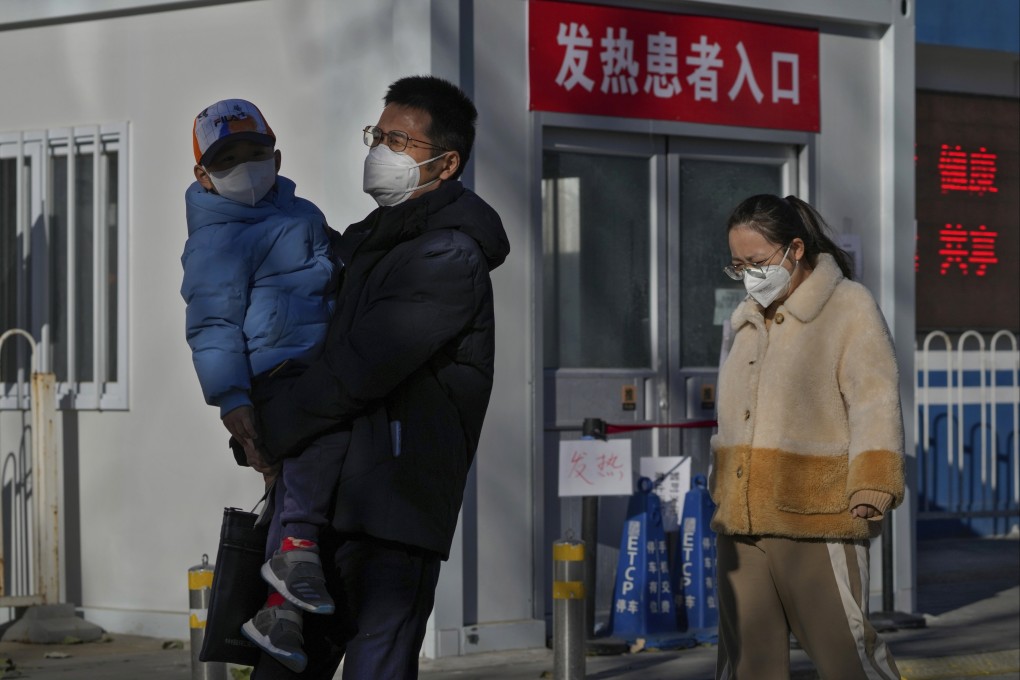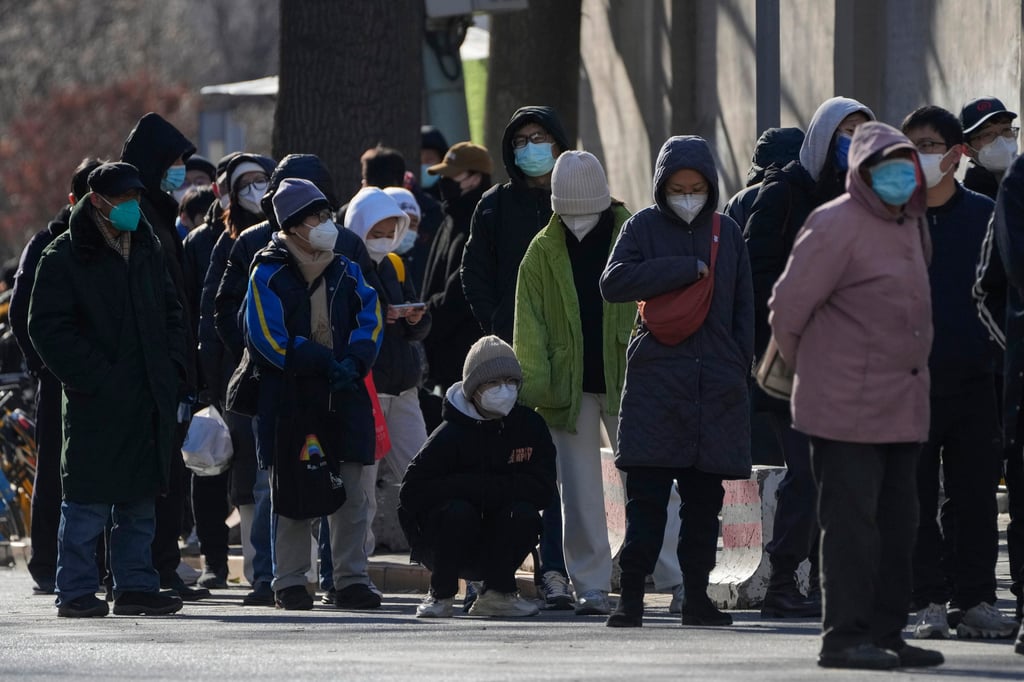Opinion | China’s next challenge: regain trust and confidence after three years of zero-Covid policy
- China has started to send out strong pro-growth messages in the last couple of days after ditching its ‘dynamic zero’ Covid-19 policy
- But while Beijing has changed its mind, it doesn’t mean that it can get away with not fixing structural problems in the Chinese economy

The rapid unwinding of China’s zero-Covid regime has raised an interesting question for economists and investors: what happens if the country’s economic growth remains sluggish even after all pandemic control measures are withdrawn?
After all, three years of harsh restrictions have inflicted heavy damage on the world’s second-biggest economy. Local governments, including those of the richest Chinese cities, are running out of money. Chinese consumers are unlikely to raise spending with income reduced. And confidence in the private sector and among foreign investors is lacking.
China’s top leadership seems to have noticed.
The new 24-member Politburo has pledged to “forcefully boost market confidence” in 2023. The central economic work conference later this month is likely to elaborate on plans to support growth next year and beyond, in an assurance to investors that Beijing still sees economic development as the foundation of its lofty political aspirations.
China has started to send out strong pro-growth messages in the last couple of days after ditching its “dynamic zero” Covid-19 policy. There is a near-consensus within the Chinese government that a page has been turned, and the days of massive lockdowns are over, despite ongoing infections.
The country, for instance, abolished on Tuesday its official app used for tracking the travel history of citizens, a sign of the government’s determination to go back to normal life even with the approach of the Lunar New Year travel rush – an event known as the world’s largest annual human migration, with hundreds of millions of Chinese travellers on the move.

After Beijing made it clear that the priority for 2023 will be economic growth, local government officials have started to act like they did in the early 1990s. Local official newspapers in recent days have been filled with reports about provincial leaders meeting potential investors and promoting investment projects. An investment promotion delegation from the island province of Hainan, led by one of its vice-governors, recently visited Hong Kong.

